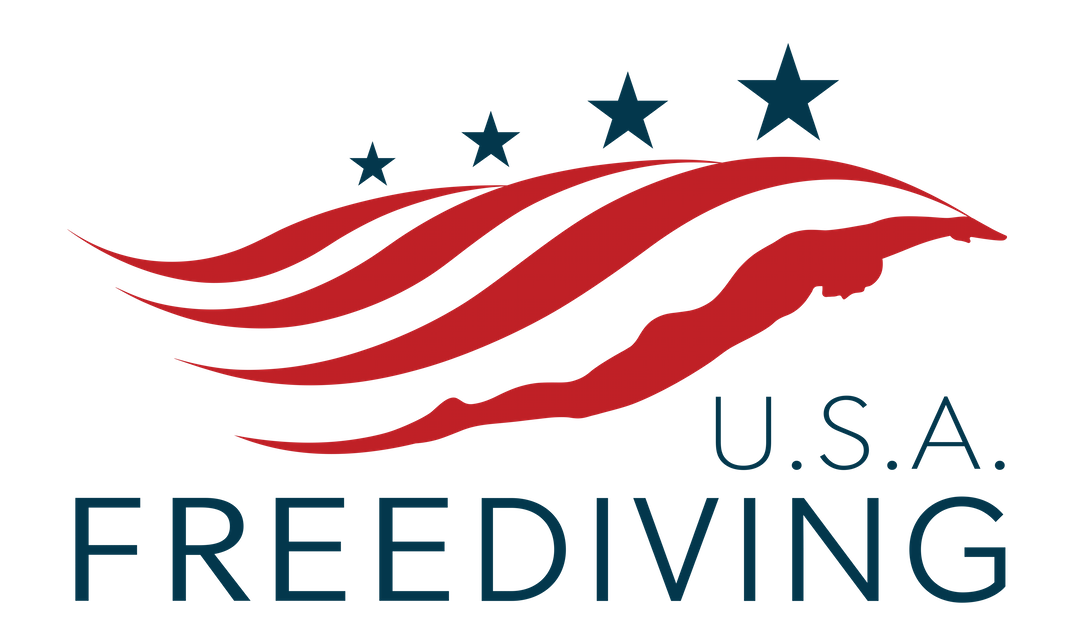Competitive freediving allows both novice and experienced freedivers the opportunity to test their skills in an organized and safety conscious environment. Competition is a fun and great way to meet fellow freedivers, gain tips and insight into the sport, and participate in an active sport while challenging yourself.
Competitive freediving is officiated by judges. The judges are responsible for making sure that all rules of the competition and safety are fulfilled and to validate the athlete’s performance according to the rules.
Competitive freediving is divided into eight categories and can be viewed as different methods to test an individual’s abilities with regards to time, depth and/or distance on one breath. The categories of competitive freediving are as follows:
TIME
- Static Apnea (STA): This is the standard test of breath hold time and is usually conducted with the diver laying face down on the surface of the water in a pool. The athlete holds their breath as long as they can while still being able to maintain themselves upon surfacing. Athletes are monitored for their condition during their performances via a safety check from an assistant.
DISTANCE
- Dynamic Apnea with Monofin (DYN): This discipline tests the competitor’s ability to swim distances on one breath while using a monofin. Typically conducted in a 50-meter pool, the athlete swims underwater for as long as they can on a single breath.
- Dynamic Apnea with BiFins (DYNB): A new category added in January, 2019. Instead of a monofin, athlete uses Bi-Fins. The distances in this discipline are slightly shorter than DYN, because a monofin has better propulsion. Unlike DYN, athlete cannot use a dolphin kick.
- Dynamic Apnea without Fins (DNF): This discipline is primarily the same as the one above, but tests the competitor’s ability to swim distances on one breath without using fins.
DEPTH
- Constant Weight with Monofin (CWT): This is a test of depth on one breath. The athlete dives using a monofin to a predetermined depth and must then return to the surface, unaided, with all the equipment they started with still in place (for example, they must return with the same amount of weight they began the dive with). This is the most traditional form of diving to depth.
- Constant Weight with BiFins (CWTB): A new category added in January, 2019. This discipline has the same requirements as CWT, but athlete uses BiFins and is not permitted to use a dolphin kick.
- Constant Weight without Fins (CNF): This discipline is the same as constant weight, but no fins are used.
- Free Immersion (FIM): This test of depth on one breath requires the athlete to use a rope to pull themselves to depth and then back to the surface, again, with all equipment in place and unaided by any other means.
- Variable Weight or Ballast (VWT): In this depth-test, the athlete rides a weight (usually a sled) to reach a certain depth and then must return to the surface using only his or her own power (pulling the line or fining or both).
- No Limits (NL): This is a test to depth on one breath while the athlete rides a weight (usually a sled) to reach depth and return to the surface by any means they choose (usually a lifting device). This is the deepest category of depth tests and one that is frequently publicized.
Competitions do not include variable ballast or no limits dives but are instead limited to the self-powered disciplines. World and national records, however, include all disciplines.
USA Freediving actively hosts and sanctions events in competitive freediving for its members and serves as the international representative of competitive freediving in the United States (USA Freediving is the U.S. national representative of the International Association for the Development of Freediving, AIDA). As such, USA Freediving is responsible for authorization of domestic competitions, national records, selection of the USA Freediving Team (Team USA) , and official communication with AIDA and the international competitive freediving community. USA Freediving actively supports all apnea activities, but the fore-mentioned activities relating to competition is a direct responsibility of USA Freediving.
Competitive freediving is sanctioned internationally by AIDA. AIDA was created to provide organized structure for world records and competitions, is responsible for authorization and validation of all world records, sanctions the world championships of freediving and provides the rules that provide the foundation for the nationals that makeup the federation. AIDA is responsible for training and educating all international judges.

